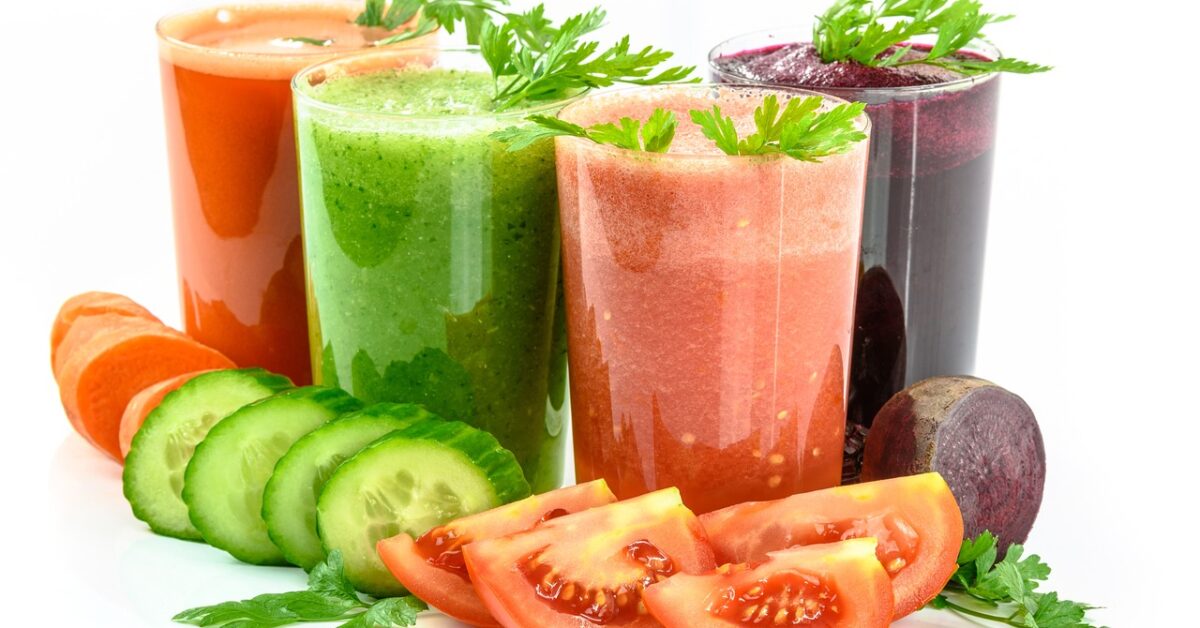Pooping Vegetarian More: The Impact of a Plant-Based Diet on Digestion
Adopting a vegetarian lifestyle has become increasingly popular in recent years, with many individuals choosing to forgo meat and animal products for various reasons, including health, environmental concerns, and ethical considerations. While the benefits of a vegetarian diet are well-documented, one aspect that is often overlooked is its impact on digestion. In this article, we will explore how a plant-based diet can affect bowel movements and overall digestive health.
The Fiber Factor
One of the key reasons why vegetarians tend to have more regular bowel movements is the high fiber content in plant-based foods. Fiber is a type of carbohydrate that cannot be digested by the human body. Instead, it passes through the digestive system relatively intact, adding bulk to the stool and promoting regularity. Meat and animal products, on the other hand, contain little to no fiber, which can lead to constipation and sluggish bowel movements.
Here are some examples of fiber-rich vegetarian foods:
- Legumes: Lentils, chickpeas, and black beans are excellent sources of fiber.
- Whole Grains: Foods like quinoa, brown rice, and whole wheat bread are high in fiber.
- Fruits and Vegetables: Berries, apples, broccoli, and spinach are just a few examples of fiber-rich produce.
- Nuts and Seeds: Almonds, chia seeds, and flaxseeds are packed with fiber.
Gut Microbiome and Digestive Health
Another fascinating aspect of a vegetarian diet is its impact on the gut microbiome, the trillions of bacteria that reside in our digestive system. Research has shown that a plant-based diet promotes the growth of beneficial bacteria, which play a crucial role in digestion and overall health. These bacteria help break down fiber and produce short-chain fatty acids, which provide energy for the cells lining the colon and help maintain a healthy gut environment.
Conversely, a diet high in animal products has been linked to an imbalance in the gut microbiome, with an overgrowth of harmful bacteria. This imbalance can lead to digestive issues such as bloating, gas, and even more serious conditions like inflammatory bowel disease.
Hydration and Bowel Movements
Staying hydrated is essential for maintaining healthy digestion, and vegetarians often have an advantage in this regard. Many plant-based foods, such as fruits and vegetables, have high water content, which contributes to overall hydration. Additionally, vegetarian diets tend to be lower in sodium, which can help prevent water retention and bloating.
Here are some hydrating vegetarian foods:
- Cucumbers: Made up of 96% water, cucumbers are a refreshing and hydrating snack.
- Watermelon: This juicy fruit is not only delicious but also contains about 92% water.
- Leafy Greens: Vegetables like lettuce, spinach, and kale have high water content.
- Citrus Fruits: Oranges, grapefruits, and lemons are not only hydrating but also rich in vitamin C.
Case Studies and Statistics
Several studies have examined the impact of a vegetarian diet on bowel movements and digestive health. A study published in the Journal of the American Dietetic Association found that vegetarians had a significantly higher stool frequency compared to non-vegetarians. Another study published in the British Journal of Nutrition reported that individuals following a vegetarian diet had a lower risk of constipation.
Furthermore, a survey conducted by the Vegetarian Resource Group found that 43% of vegetarians reported having daily bowel movements, compared to only 29% of non-vegetarians. These findings suggest a clear correlation between a plant-based diet and improved bowel regularity.
Conclusion
While the decision to adopt a vegetarian lifestyle is often driven by ethical, environmental, or health concerns, the impact on digestion should not be overlooked. The high fiber content of plant-based foods, the positive influence on the gut microbiome, and the hydration benefits all contribute to more regular bowel movements and improved digestive health. So, if you’re considering going vegetarian, not only will you be making a positive impact on the planet and your health, but you may also find yourself pooping more regularly!
